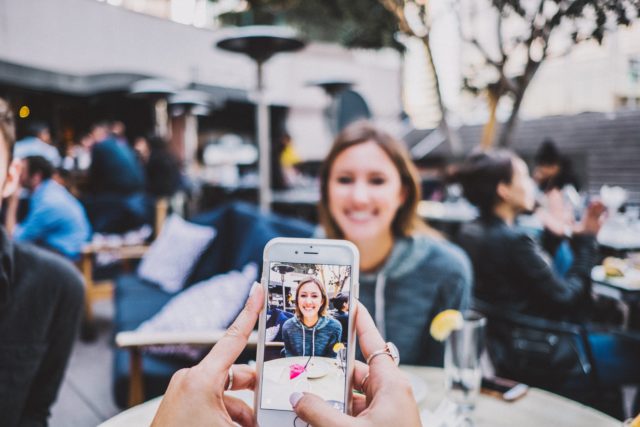
Scrolling through social media, it is almost impossible to avoid paid posts from influencers. With the influencer market growing strong, many brands have allocated large budgets to acquire sponsored posts from them. One company that understands this is Unilever. In a statement on their website that said, “The scale and scope of influencer marketing is growing at pace and holds increasing importance in the marketing mix as a way for brands to reach consumers given influencers’ deep and direct connections with their audiences.” Despite this, they also see the cons of working with influencers, “At the same time, we as an industry need to put in place all possible controls to avoid practices such as fake followers, bots, fraud, or any dishonest business models that will erode trust in the whole ecosystem.”
Believe it or not, many influencers have bought followers to beef up their accounts. Like D-list influencers trying to reach for that A-list status. Speaking to Racked, founder of Fohr, a company that works with brands and influencers, James Nord said, “With all this money flooding into the influencer space, there’s a lot of temptation to buy followers because you can raise your rates $100 [per post] for every 10,000 followers you have. There’s a direct benefit to an influencer, as they see it, to buy a few here and there.”
Because of the bad practices that take place through social media, Unilever has also announced three new commitments. First, they “will not work with influencers who buy followers,” and their brands like Axe and Dove will never buy followers. Lastly, “We will prioritize partners who increase transparency and help eradicate bad practices throughout the whole ecosystem.”
With Unilever making this big announcement, will other companies follow? James points out that this could be helpful, “I’ve always said that the industry could get rid of this problem in a few months if ever brand said, ‘We’re no longer working with these people.’ I think there’s going to be a bit of a reckoning for influencers. They should be held responsible for the performance of their posts.”
And, we agree. Whether we like it or not, many look to influencers as role models. Unlike other celebrities, they seem more relatable online, which is how they gain their huge following. But now that big brands want to work with them, they should be more responsible with how they handle their platforms.
[Racked]
Photo courtesy of Unsplash
Follow Preen on Facebook, Instagram, Twitter, YouTube, and Viber
Related stories:
Filipina Irish Ong on her Hong Kong-based influencer marketplace
These AI influencers are taking over Instagram and they’re too real
Dear designers and influencers, nobody has time for discrimination in 2018
Barbie as an influencer is the role model I wish I had as a kid


